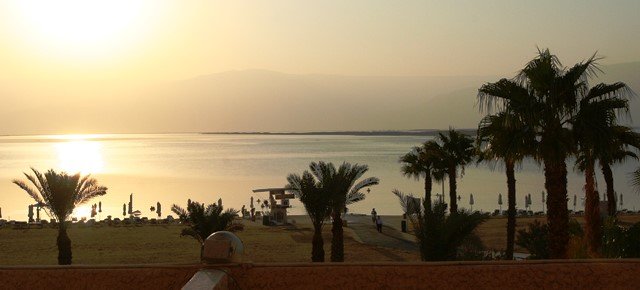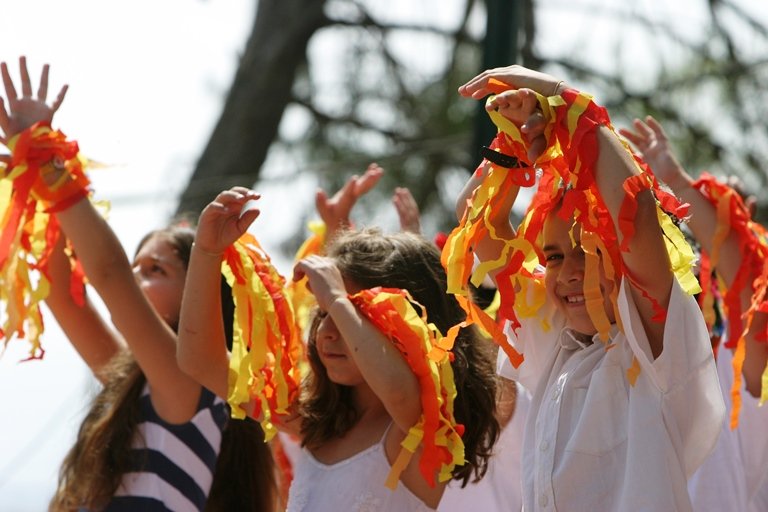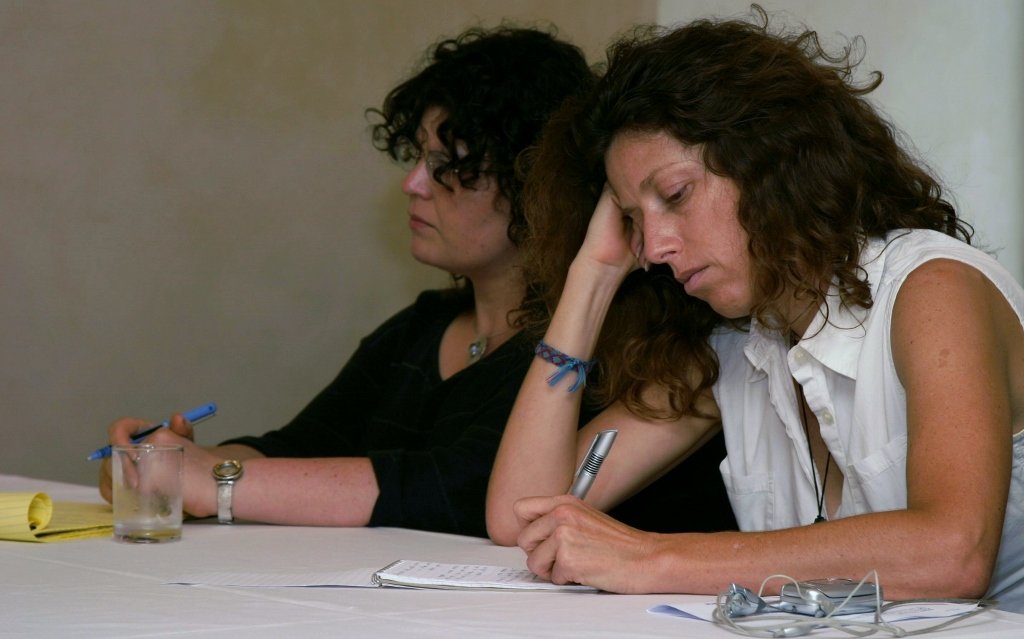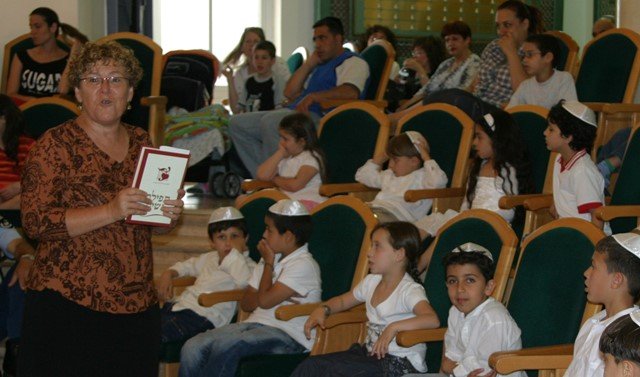Share This Story, Choose Your Platform!
The whole tradition of the Jewish New Year celebrations was developed from a biblical commandment: “And the Lord spoke unto Moses, saying, speak unto the children of Israel: In the seventh month, in the first day of the month, you shall have a Sabbath, a memorial of blowing of trumpets, an holy convocation. There you shall not work: but shall offer an offering made by fire unto the Lord. “(Lev. 23: 24-25).
For every religious festival in Israel, there are certain blessings, prayers, greetings, symbolic foods and songs. In the time before the New Year’s festival “Rosh Hashanah” people wish each other everywhere a good year: at the cash register in the supermarket, at the dentist, in the garage or at the end of a meeting with a friend. Depending on the environment another wish will be added to this greeting. After a parents’ meeting at school – the new school year and Rosh Hashanah fall in about the same time period – the teachers wish everyone a good and successful or a good and fruitful year. Of course, there is the wish for a good and blessed year.
The word “good”, in Hebrew “tov”, means more than in many other languages. It is a word that comes from the Bible and appears several times in the first chapter, in the Creation story. In the Bible, we find no comparative or superlative of this word. “Good” in the biblical sense means “better” and “best” at the same time.
For example, when Elkana wants to console his childless wife, he says, “Am I not to you, tov then ten sons?” (1 Samuel 1: 8). Or, when the frustrated Jonah struggles to accept God’s way of dealing with Nineveh, he laments, “Tov is my death then my life!” (Jonah 4: 3). And the psalmist confesses, “For your mercy is tov then life …” (Psalm 63: 4).
Nevertheless, there is an increase in the Creation story, namely the expression “very good”. With this “very good” the Creator describes His work on the sixth day. According to the Jewish tradition, the New Year’s beginning is the sixth day of creation. In the prayers of the Rosh Hashanah festival, God is praised as the Creator and King of the whole world.
Most of all the wishes, one hears the desire for a good and sweet year. Why do you add the wish for a sweet year to your wish for a good year, asks Rabbi Shraga Simons? Because that which is good for us, does not always have to be nice or pleasant. To this day, in Judaism, there is the thought that the apostle Paul formulated in Romans: “We know that those who love God, all things work together for good, to those who are called according to his counsel” (Romans 8: 28).
It reminded me of a song by the legendary song writer Naomi Schemer: “It might be a good year. We might even sing Hallelujah, because if it will be a good year is actually up to us. “
Rosh Hashanah is one of the feasts of the month of Tishri together with the Great Day of Atonement and the Feast of Tabernacles. No one in Israel is surprised that the New Year begins on the seventh month. The celebrations that commemorate God’s deeds in the cycle of the year point out, among other things, that there is not just one beginning. Also the trees in Israel have a New Year, when they sprout again at the end of the rainy season.
The Jewish New Year comes at the end of a hot, dry and dusty summer. When the days are getting shorter and refreshing dew covers the ground in the morning, nature gets a second breath. It is the end of an agricultural season and the beginning of a new one. The roses start to bloom again. As it is sung in a well-known song: “On Rosh HaShanah blossomed the shoshana.”






















